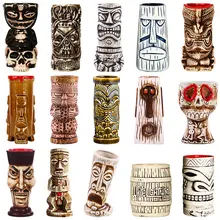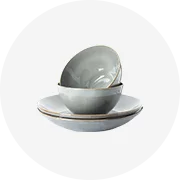Clock mechanisms are an essential component in the world of horology. Often overlooked due to their internal placement within timepieces, these intricate devices are the heart of every clock. This article will explore the diverse types of clock mechanisms, their various applications, and the different materials used in their construction.
Types of clock mechanisms
Clock mechanisms encompass a diverse range, each powering different styles of clocks. One classic example is the pendulum clock mechanism, which operates on gravity and momentum, swinging rhythmically to mark time. This type is typically seen in vintage and grandfather clocks. In contrast, the quartz clock mechanism relies on a tiny quartz crystal and electronic circuits to maintain accurate timekeeping. For enthusiasts interested in crafting their own clocks, clock mechanism kits are available. These kits offer the opportunity for personalization and creativity, allowing individuals to build and customize their timepieces, adding a unique and personal element to their creations. This variety in mechanisms highlights the blend of tradition and modern technology in timekeeping.
Applications of clock mechanisms
Clock mechanisms are not only used in traditional wall clocks. They have broad applications, ranging from wristwatches to tower clocks. Some are used in novelty items like cuckoo clocks, where the mechanism triggers the bird to pop out on the hour. In the modern era, clock movements are even found in digital devices like smartphones and computers. For clock repair or restoration projects, a clock mechanism replacement might be necessary. In these instances, the original mechanism is swapped out for a new one, breathing new life into the timepiece.
Materials used in clock mechanisms
Various materials are used in the construction of clock mechanisms, depending on their function and the type of clock in which they are used. Many older, traditional clock mechanisms are made from brass or other metals, due to their durability and resistance to wear. In contrast, modern quartz mechanisms often utilize synthetic materials like plastic, as they are lightweight and cost-effective. For specialized applications such as a clock movement with pendulum, specific materials like lead or steel may be used for the pendulum bob to ensure accurate swing and timekeeping.
Clock mechanisms are a fascinating blend of science and art. They come in various types, each with its unique applications, and are made from diverse materials. Whether it's the tick-tocking of a pendulum clock, the silent sweep of a quartz movement, or the digital precision of a computer clock, these mechanisms keep the world running on time.










































 浙公网安备 33010002000092号
浙公网安备 33010002000092号 浙B2-20120091-4
浙B2-20120091-4